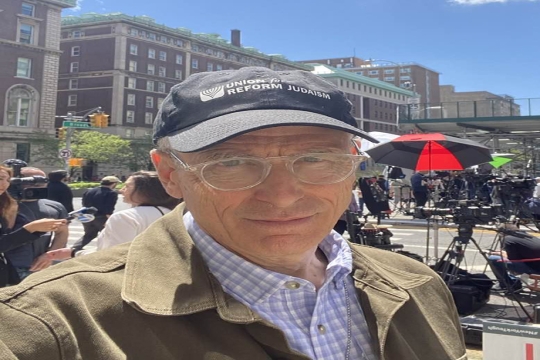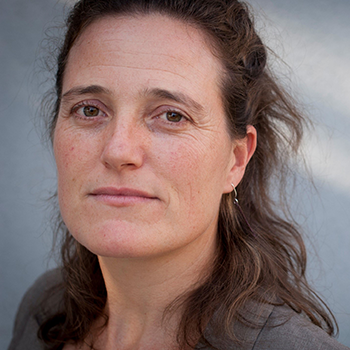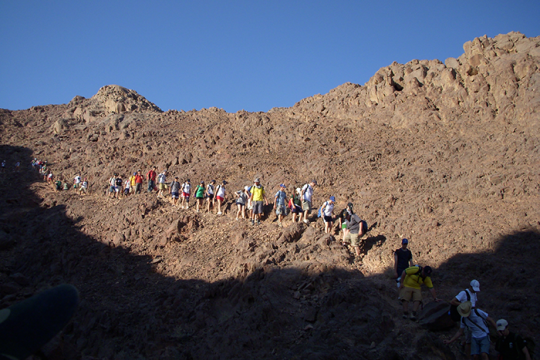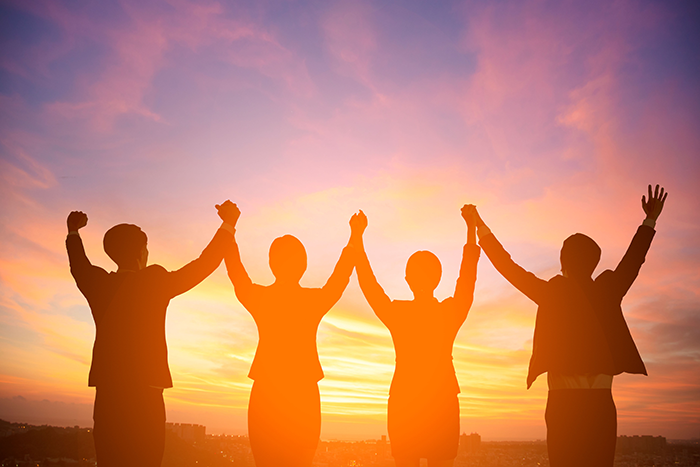
The sirens' wails roll in like waves coming in from a great distance, gathering force until their moaning crescendos pierce the heart and engulf us, tossing us wildly, almost drowning us in grief. These sirens capture the essence of Israel's Yom HaZikaron, Memorial Day. We first hear their wail at 8 p.m. on the eve of Yom HaZikaron; they sound again at 11 a.m. Their cry demands that we stop whatever we're doing to remember, mourn, and honor those who have died either in service to the country or as victims of terror. Each time I hear them, I am overtaken by tears of grief.
But how can we commemorate events that are still unfolding? Commemoration is based on the premise that the tragedy has passed. However, when Yom HaZikaron arrives on the eve of May 11th - 219 days since the horrific events of October 7th - we expect to still be stuck in the limbo of this ongoing nightmare. The hostages will still be held in Gaza; Israeli evacuees still displaced from their homes; Gazans will still be suffering from ongoing war and displacement; a war in the North still looming; and the Israeli-Palestinian conflict, having reached unfathomable, ever-worsening lows with neither a clear exit strategy nor end in sight.
So many families in Israel feel the impact of these events acutely. Personally, our family has a cousin still held hostage in Gaza. It's impossible to shift into commemorating while we are still fighting to save him and the other hostages.
The trauma the hostages' families are experiencing is a form of ambiguous trauma. We don't yet know how it will end, and it's excruciating. Yom HaZikaron will be a day of ambiguous commemoration. When Yom HaZikaron transitions into Yom HaAtzmaut, Israel's Independence Day, we will face the dilemma of ambiguous celebration.
So, how should we mark these days? The fact that Yom HaZikaron and Yom Ha'Atzmaut take place on consecutive days offers a helpful framework.
Yom HaZikaron must allow for two-fold mourning: for the personal losses so many have experienced, and for the sense of collective loss resulting from the state's failures on and since October 7th. For many, the fundamental social contract between the state and its citizens was broken on that day. Alongside the traditional commemorative public ceremonies mourning loved ones, we need to acknowledge, process, and parse the sources of this collective loss. The tens of thousands of evacuees who still can't return home represent our shattered sense of safety; the failure to heed the women surveillance officers' warnings captures the shattered myth of egalitarianism; the devastated kibbutzim in Gaza and ongoing failure to bring the hostages home represents our shattered faith in the government's ability to protect its citizens. For each instance, there are stories that capture the meaning of this at the individual and collective levels.
However, the profound grief of this tallying also makes us vulnerable to despair, powerlessness, and apathy. As Yom HaZikaron transitions to Yom HaAtzmaut, commemoration should not give way to the usual barbeques and celebrations. We must use this day to nurture our sense of agency and determination to repair, rebuild, and redirect Israeli society towards a better path.
What does a viable vision for our shared future look like? How can we connect and find common ground across this country's diverse communities? I suggest we look to Israel's Declaration of Independence for both a vision and pathway. Perhaps every mailbox and newspaper in the country should receive a copy of the Declaration and every community gathering should include a discussion of what we need to do to realize this vision. These processes cannot be completed in a day, but Yom HaAtzmaut 2024 must plant the seeds for long-term repair and reconstruction.
Even as much work is needed within the Jewish community, we must also heal relations between Israel's Jewish and Arab/Palestinian citizens. For those involved in efforts to build a shared society, the "National Days" (i.e., Yom HaZikaron, Yom HaAtzmaut, and Nakba Day) are always challenging.
Yom HaAtzmaut is often an alienating day for the Arab citizens who make up more than 20% of the country. It's an annual reminder that the Palestinians experienced the establishment of the State of Israel as a catastrophe - a Nakba - which led to the displacement of refugees, destruction of homes and villages, and the loss of their land. The war that has followed October 7th has led many Israelis and Palestinians to feel they are experiencing a twisted repetition of 1948, with Jews feeling that this is an existential war which threatens to utterly destroy the country, while Palestinians witness the lines of Gazans fleeing their homes and fear that this is another Nakba.
This year's National Days will be more difficult, but they present a challenge we must meet. Israelis and Palestinians will always be interdependent, the wellbeing of one always impacted by the actions of the other. While many Israelis and Palestinians may feel that the latest events make it impossible to change the current dynamic, failing to try poses an existential threat for us all. This work may continue over generations, but it must start now.
For me, this means working with fellow parents and staff at Hand in Hand, the joint Jewish-Arab school my children attended, to design this year's Yom HaZikaron ceremony in a way that gives space for the grief we feel communally and individually.
The sirens of Yom HaZikaron this year will be a heart-wrenching reminder of the external and internal existential threats we face. Their piercing wail will serve as a modern commandment to forge a path towards dignity and security for all of us, together.
Related Posts
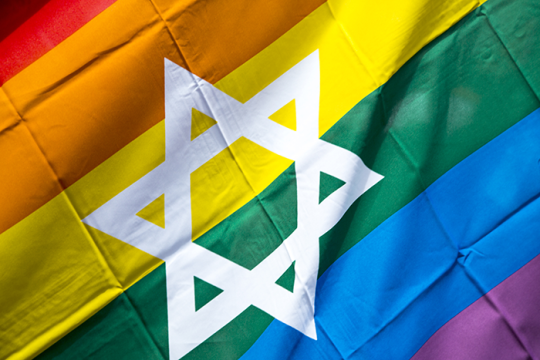
Being Honest with God and Myself
